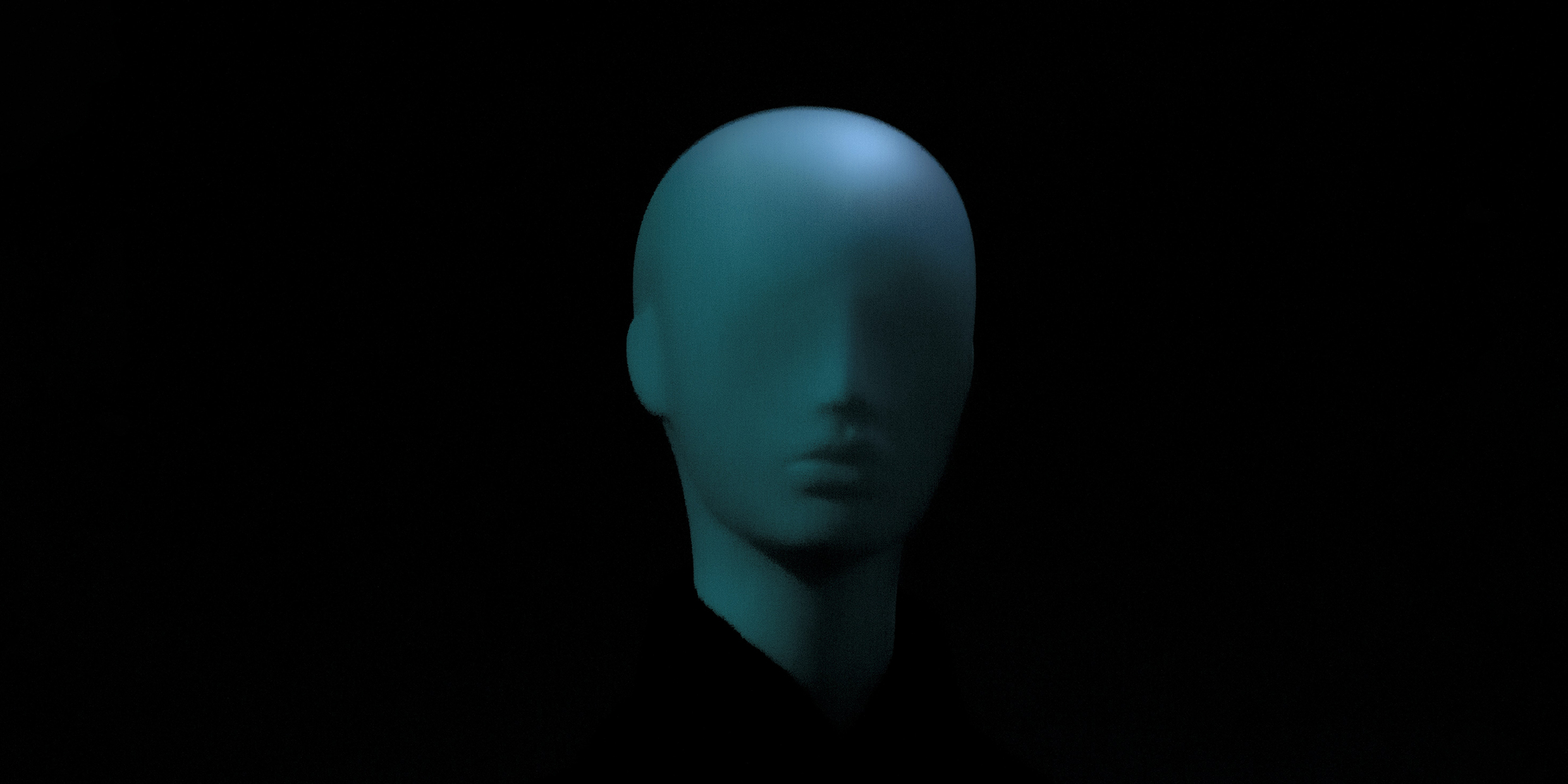Originally published 8 April 2003
In a recent [2003] story in The New York Times Magazine, author Charles Siebert recounts his interview with Dr. Peter Butler, a British plastic surgeon who is prepared to supervise the first transplant of a human face. That’s right, a human face.
Apparently Butler is not alone. According to Siebert, surgeons in the United States and Australia also believe the technology is in place for a face transplant.
The surgeons intend to lift a face — skin, lips, brows, lashes, subcutaneous fat, and muscle — right off the skull of a donor and reattach this flip-floppy mask to the arteries, veins, and nerves of a recipient whose own severely disfigured face has been removed.
I don’t know about you, but the whole idea gives me the heebie-jeebies.
But why am I upset? I remember the initial shock many of us felt at the first human heart transplant in 1967. The idea of one person’s heart — as in “heart and soul” — beating inside another person’s chest seemed to violate the integrity of a human self. Now, 36 years later, heart transplants are common. No one gives them a second thought.
Kidneys, livers, lungs, limbs: There are few body parts that can’t be replaced with the organs of another person. I’m prepared to let my own body be harvested when I die. Let them take what they want if it will save someone else’s life or help a disabled person.
Then, of course, there’s the fact that thousands of folks are walking around with faces that have been reconstructed by surgeons for purely cosmetic reasons. And no one blanches at the thought of reconstructive surgery for facial defects of birth, disease, or accident.
But transplanting an entire face? Think of that thing in the surgeon’s hands, that oval of tissue with lips and lashes, that — person. A face transplant seems to be appropriating another person’s identity.
Which prompts us to ask more urgently than ever before: What is a human self?
The question is made complicated by a long tradition of philosophical and theological dualism that divides the human self into body and soul. “I am a little world made cunningly, of elements and an angelic sprite,” wrote the poet John Donne some 400 years ago, and most Americans would seem to agree: We are partly material and partly spiritual, and the essence of self is lodged in the spiritual part — the immaterial and immortal soul.
But body-soul dualism has been soundly refuted by science. Every aspect of our conscious and unconscious selves has been revealed to have an organic basis. There is no ghost in the machine.
And so we live with an uncomfortable disconnect between hope and reason, between our fervent desire to live forever and everything science has discovered about the self. No wonder we have such a hard time knowing how to deal with such matters as abortion, cloning, stem-cell research, genetic engineering — and face transplants.
Is the self defined by DNA? Fingerprints? A face? All might get you convicted in a court of law. The immune system? The body seems to know what’s self and what isn’t, and must be dragooned into allowing transplants. The brain? The day may come when we can reprogram a brain from digital data banks.
What about self-awareness, the mysterious ability of the brain to reflect upon itself? Self-awareness can be tampered with by brainwashing, psychoactive drugs, electrical stimulation, political or religious propaganda, even advertising. A lifetime in front of a TV set may be the equivalent of a self transplant.
So where does the self reside? And how do we protect its integrity?
I don’t see any likelihood that the cultural disconnect between body-soul dualism and science is going away any time soon. Because we have no consensus about what constitutes a human self, physicians, geneticists, and biotechnicians stumble forward on their own, although they have no more ethical wisdom in these matters than the rest of us, taking us willy-nilly into a biotech future we can barely imagine.
The world’s first successful full face transplant was performed in Spain in 2010. ‑Ed.



